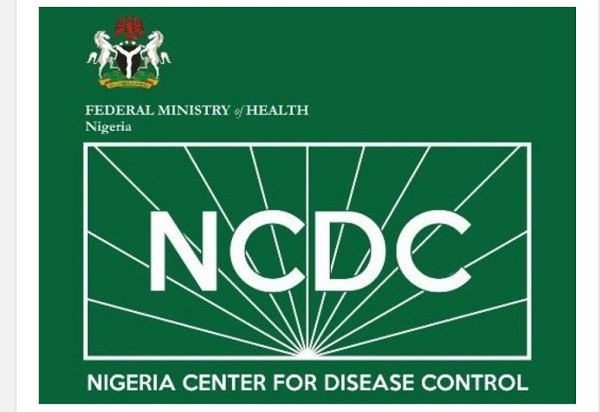
The Nigeria Centre for Disease Control and Prevention (NCDC) has warned healthcare workers and institutions that improper use of gloves, without adequate hand hygiene, can turn a protective measure into a source of infection.
The head of disease prevention and control at the NCDC, Dr. Tochi Okwor made the remarks during an interview with journalists on Monday in Abuja. She emphasised that one of the most dangerous misconceptions in healthcare settings is the belief that gloves eliminate the need for hand hygiene.
“Let us be clear: gloves are not a substitute for clean hands. When misused – whether by failing to change them between patients, using them for non-clinical tasks, or skipping hand hygiene before and after use – gloves can do more harm than good,” she said.
Okwor stated that the message forms a core part of Nigeria’s infection prevention strategy, including the National Infection Prevention and Control (IPC) Strategic Action Plan and the Second National Action Plan on Antimicrobial Resistance (2024–2028).
“Both policy documents prioritise glove stewardship, emphasising the responsible and evidence-based use of gloves in clinical settings,” she noted.
Okwor highlighted Nigeria’s progress in IPC through key initiatives led by the NCDC. Among them is the Turn Nigeria Orange (TNO) campaign launched in 2019 – a nationwide movement aimed at mobilising healthcare facilities to improve IPC standards under the “One Nation, One Plan” principle.
She also referenced the Orange Network, a group of selected healthcare facilities serving as national models for IPC, antimicrobial stewardship and quality improvement.
Over 393 IPC professionals have been trained and certified to lead improvement initiatives across healthcare institutions, she said. Additionally, a dedicated IPC budget line at the national level now supports more than 150 facility-based IPC programmes across the country.
She further disclosed that healthcare-associated infection (HAI) surveillance systems have been deployed to enable real-time detection, monitoring, and response to infections within healthcare environments.
Okwor added that the NCDC, in collaboration with key stakeholders, has developed a draft IPC Legal Framework and established technical working groups (TWGs) at both national and state levels to support governance, coordination and long-term sustainability of IPC interventions.
“These efforts are yielding tangible results through collective leadership, community ownership and consistent implementation,” she said.
To significantly improve health outcomes, Okwor stressed that hand hygiene must transcend routine compliance and evolve into a culture rooted in leadership, accountability and behavioural change.
She advocated for risk-based glove use, where clinical decisions on protective equipment are ethically justified and grounded in infection prevention principles.
She concluded by affirming that Nigeria’s IPC strategy aligns with the WHO Global IPC Strategy (2024–2030) and supports broader national health goals, including Universal Health Coverage and Primary Health Care revitalisation.
“We must lead with our heads, act with our hands, and protect with our hearts. Clean hands and smart glove use are not optional – they are essential to safe care,” she said.

